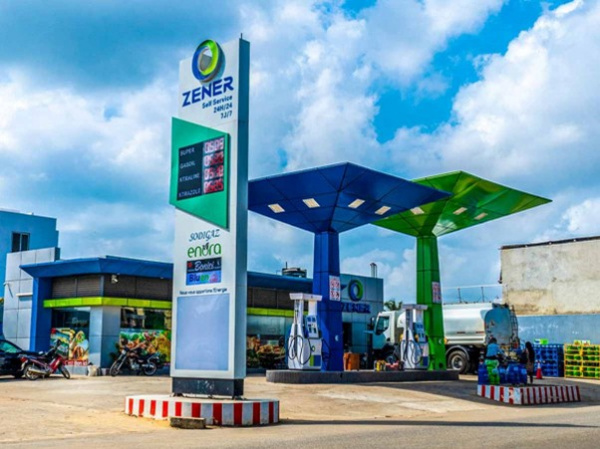The National Bureau of Statistics (NBS) has emphasized the need for a comprehensive overhaul of Nigeria’s agricultural sector. The NBS suggests that farm mechanization and the integration of technology are crucial to making agriculture more appealing, particularly to the country’s youth.
According to the 2022 NBS report, Nigeria possesses a total agricultural land area of 70.8 million hectares, with 34 million hectares classified as arable land and 30.3 million hectares designated for meadows and pastures. However, only 6.5 million hectares are actively used for permanent crops, despite 70% of Nigerian households being engaged in farming. Agricultural productivity remains low, failing to keep pace with population growth due to factors such as insecurity, climate change, and outdated farming practices.
To address the need for modernization, the Federal Government has tasked the National Agency for Science and Engineering Infrastructure (NASENI) with establishing Agricultural Machinery and Equipment Development Institutes (AMEDI) in each geo-political zone. These institutes aim to promote mechanization, research, and technology-driven farming techniques. The actual impact of these institutes on agricultural productivity remains to be seen.
The AMEDI initiative focuses on developing indigenous agricultural tools, machinery, and systems to enhance food production and ensure food security. This initiative aligns with Sustainable Development Goal (SDG) 2 (Zero Hunger) and President Bola Ahmed Tinubu’s Renewed Hope Agenda.
The planned AMEDI institutes include:
- AMEDI Lafia (North-Central): This institute will focus on reducing reliance on imported agricultural technologies, developing sustainable agricultural practices, and partnering with companies for tractor assembly and the installation of smart factories and agricultural research labs.
- AMEDI Birnin Kebbi (North-West): This facility aims to boost rice and other crop production, provide training for modern agricultural techniques, and serve as a hub for agro-allied technology development.
- AMEDI Obudu (South-South): This institute will focus on driving the region’s transformation into an agro-industrial hub, fostering skilled manpower development, hosting a demonstration farm, and pioneering turmeric production for export.
- AMEDI Aboh-Mbaise (South-East): This institute is designed to address food security in the South-East, focusing on agro-processing and manufacturing, sustainable soilless-based farming systems, and machinery production.
- AMEDI Osun (South-West): This facility will aim to provide local farmers with essential mechanized farming tools, boost the agricultural sector through research-driven innovations, and encourage investment in agro-allied industries.
President Tinubu’s declaration of a state of emergency on food security in July 2023 has accelerated NASENI’s AMEDI projects. The majority of these institutes are reportedly in advanced stages of completion, with commissioning expected between 2025 and 2026.
NASENI anticipates that AMEDI will create thousands of direct and indirect jobs, foster youth engagement in agriculture, reduce reliance on imported agricultural equipment, strengthen Nigeria’s position as a hub for agro-allied technology, and promote economic transformation through technology transfer and innovation. The extent to which these goals will be achieved remains to be evaluated.
NASENI’s AMEDI projects represent a significant effort to enhance Nigeria’s agricultural sustainability, enhance local production, and conserve foreign exchange. Under the leadership of Executive Vice Chairman Khalil Suleiman Halilu, NASENI aims to integrate renewable energy and advanced technologies into its agricultural initiatives. The success of these projects in achieving food security and economic transformation will depend on effective implementation and sustained investment.









